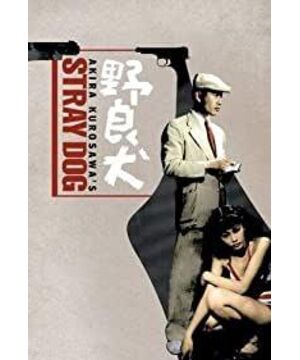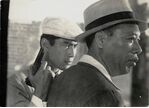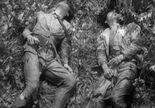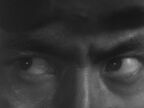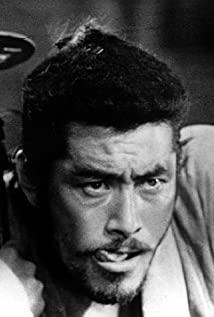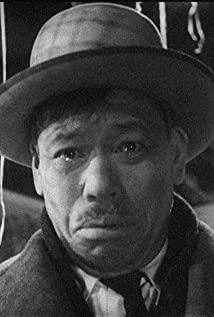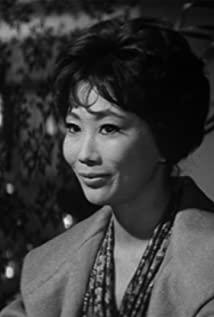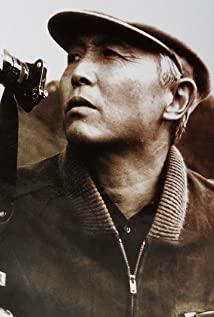Wild Dogs (1949), the ninth film by Japanese director Akira Kurosawa. The following year, he became known internationally for Rashomon. Wild Dogs is often referred to as a detective or film noir. Akira Kurosawa said that the film was influenced by Jules Dassin's noir film "The City That Never Sleeps" (1948). Despite the appearance of a detective film, the film is more about the pain of Japanese society after World War II, and the different fates of people in a "bad social environment". On a hot afternoon, Murakami, a newly recruited criminal police veteran, lost his gun on a crowded bus and disguised himself as he searched the city. When his gun becomes a robbery-killing weapon, he learns more about the suspect You Zuo, only to realize that they are just two fates/possibilities of the same person. Therefore, some commentators said it was a morality story about "a young policeman chasing his own shadow".
The film conveys the most intense sensory experience: heat. People are desperate in the heatwave. Close-up of Murakami's sharp eyes and weary footsteps observe and consider the black markets, criminals, prostitutes, slums in the poor streets of postwar Tokyo, the "underground" where anger and crime breed, and the occasional middle-class comfort life. Noisy bars, brothels and jazz music, I heard "Night Lai Scent"... More than eight minutes of documentary footage, secretly filmed by Akira Kurosawa's assistant director Ishiro Honda. The messy and wild nature, real texture and details of this documentary make "Wild Dog" known as a "new realism police film". Akira Kurosawa, who has humanitarian feelings, does not think that the world is so dark. Nature, music and children are innocent and beautiful illusions beyond poverty, evil and misery. For example, the three sleeping children of the Sato family; for example, the criminal Yuzuo shot and wounded Murakami, and there were women playing the piano nearby; Another example is the habitual criminal Ah Yin who gave Murakami food and beer, then fell down and looked at the stars, saying, "I haven't looked at the stars like this for 25 years." Beside, a man is playing the harmonica. Reminds me of a character in Coppola's film "The Conversation" who looked at a homeless man sleeping on a bench and said, "He was once a mother's beloved baby."
View more about Stray Dog reviews


